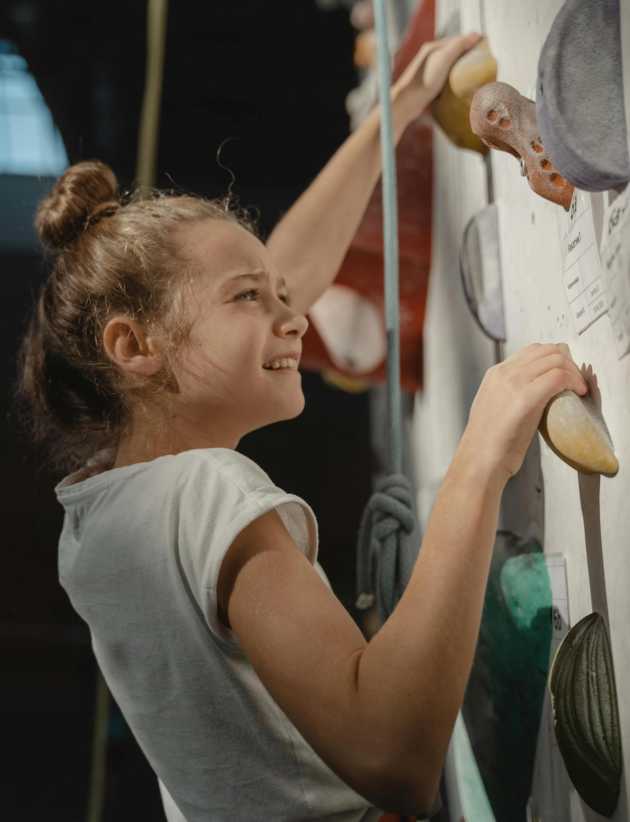Every summer, more than 250,000 New York children go to day or resident camps and enjoy learning life skills, making new friends and trying new activities. Now more than ever, there are so many different camps to choose from, including traditional summer camps and specialty camps. What is the difference between the two, and how do you know which one is best for your child?
A traditional summer camp gives your child a well-rounded experience. Children participate in a variety of activities, such as baseball, swimming, arts and crafts, waterskiing, canoeing and much more. They’ll learn leadership skills, resilience and independence as they become part of a community. Bunk activity days, a carnival, Olympics and color wars are a few traditional summer camp activities.
When a child attends a specialty camp, she’ll focus on a specific activity. There are specialty camps for just about every interest, including tennis, drama, gymnastics, basketball, etc. If your child has an interest in a specialized activity, there is bound to be a camp geared toward that interest.
So how do you know which is best for your child?
Consider her age. Young children often don’t show a specific interest in just one activity, because they are still figuring out what interests them. A traditional camp gives children the opportunity to try many different activities and develop many different skills. Often, older children and teenagers have narrowed down their interests to a particular sport or activity. Either a specialty camp or a traditional camp that offers focused programs in an activity that interests her might be the right fit. Traditional camps often hire top athletic coaches to teach as specialists so campers receive top instruction.
Also, keep in mind your child’s interests. Does she play basketball, but also perform in school plays? If so, she might enjoy a more varied day and may prefer a traditional camp, so she can participate in many activities. Or, does she focus on one activity or skill? In that case, she may prefer a specialty camp, so she can concentrate on her passion.
At the end of the day, keep in mind what your child would like, and what you would like for your child.
“Parents should consider the whole child when choosing a summer camp,” says Adam Weinstein, executive director of the American Camp Association’s New York and New Jersey branches. “They should think about all they would like their child to gain at camp. Consider a camp’s leadership, mission, and activities. These all support a positive camp experience.”
Whether you’re considering a traditional summer camp or a specialty camp, there is a summer camp for every child.
The American Camp Association has been serving the camp community and families for 100 years. To find the right camp for your child, visit www.campwizard.org, or call (800) 777-CAMP for free, one-on-one advice in finding a summer camp. American Camp Association-accreditation is a parent’s best evidence of a camp’s commitment to health and safety, and ensures that children are provided with a diversity of educational and developmentally-challenging learning opportunities.





















